1 Comment
After almost a decade of teaching I elected to spend three years studying educational leadership at the doctoral level through the Carnegie Project. I had inspiring professors (shout out to Dr. Valerie Storey and Dr. William Leary among others) who pushed me out of my learning comfort zone and enabled me to stretch my understanding of leadership. Where once I understood leadership within a managerial context, they expanded my understanding and developed my desire to someday become a transformational leader in education.
Through the program I developed a idealized vision of educational leadership based on a foundation of truth, ethics, equity, social justice, and morality. I wanted to make a difference in the world, impact young adults, support teachers, build efficacy within the educational system, give every student and every teacher the opportunity to succeed. A good leader is transparent, honest, ethical, and moral. Great leaders are all of these things and serve as mentors to develop future leaders. Great leaders do not play favorites or hold biases based on race, ethnicity, or gender. They should serve and nurture their followers so that the institution becomes stronger by developing and building talent within. How does a leader serve and nurture their organization? By emphasizing transparency over opaqueness, listening and given credence to stakeholders, enabling individuals to reach for leadership, providing honest and constructive feedback, believing in the ability and capability of individuals within the organization and by giving and offering trust. Leaders are so crucial to the success and achievement of an educational institution, they set the rudder for a ship that has many sailors and often finds itself in rough seas, without someone to identify the right direction, it will founder as sailors lose faith and jump. Teachers may leave or worse, they may stay but be absent in spirit - neither will serve the institution well. While my own leadership role is small, I strive to offer transparency by being honest and upfront with my faculty. I am determined to be clear in my expectations and valiant in my support to help teachers meet those expectations. I want to inspire others to consider taking on leadership as a mechanism to provide students with an outstanding educational experience while satisfying their own professional growth needs. I hope to inspire other teachers to take on the most difficult of tasks - reaching every student in their classroom and mostly I pray to never be the reason a teacher gives up on teaching. So share with me - what characteristics do you look for in a leader? Girls are not good at math and science. Boys cannot read. The New York Times appeared to be surprised by these results on the most recent PISA administration, but as a teacher I can't say I was surprised. I was taken aback by Eduardo Porter's claim that we should be most concerned about boys and their poor reading skills. He seems concerned that boys are prone to violence and therefore it is more important that we educate them in order to protect "social cohesion and economic prosperity." Granted I'm thoroughly biased, but I would think girls and women play a crucial role in establishing social cohesion and economic prosperity as well.
Now prepare yourselves because I am about to propose something revolutionary: we should teach boys to read AND improve girls' performance in math and science. We might even be able to do it all at the same time, but I'll come back to that later. The idea that we should focus education on either boys or girls is thoroughly unacceptable. Boys and girls are different, but the differences within groups might be even greater. Yes we can make generalizations about girls and boys and what their likes and dislikes might be, but we're still going to be wrong for a lot of children. For example, I can still remember that on every standardized test I took in secondary school there were reading passages on sports, they were so boring to me, it took a lot of effort to force myself to read those stories and answer the questions. On the other hand, my friend Susie*, who was an amazing softball and soccer player loved those passages, she could relate to them (and she had prior knowledge of what an RBI was). But I bet, whoever included those passages was trying to include topics that would engage boys, and maybe some boys did enjoy reading about baseball but maybe other boys would've preferred to read about bugs or making brownies. The point I'm trying to make here is this: it is dangerous territory when we start trying to cater to students based on gender, instead I suggest we cater to the individual and not any group, gender or otherwise. Give kids more choice in what they read, so that a good proportion of the time, kids are engaged with what they are reading. Even my book club cannot agree to read one book, so we suggest a book, then every one goes and reads whatever book they actually want and we talk about all of our books, which typically leads us to read more books based on what others reported. Why can't this model work for schools in some form? Perhaps with more structure, say, here are four books to choose from, students that choose the same book will form a group for the duration, but maybe in the next round of book choices the groups will change again (and I won't even get into the benefits of mixed grouping). So girls and math. What are we doing about that? As a teacher, I don't feel like we're doing a whole lot, I have not witnessed any significant changes in how we teach math to make it more accessible or engaging to girls specifically (if your school or district has please comment below because I want to hear more!). What I do know is that we've been teaching math in isolation for over one hundred years, when are we going to start integrating math into the other disciplines such as science and social sciences? Get math out of theory and into practice so girls can gain confidence through application. When are we going to have math experts (people with degrees in mathematics and/or who feel comfortable and knowledgeable with math) teaching our elementary students? To be sure there are some out there and I'm lucky enough to have more than one at my school, but I have heard way too many elementary teachers express concern about their own math ability or confidence in teaching math. Students are very perceptive and even subtle teacher attitudes are passed on to students. Let's teach boys to be better readers and girls to master math and science. Here's how: 1. Foster a love of reading by giving students more choice in what they read. This can be done across disciplines not just in Reading or English class. I teach an environmental science course and require students to report on current issues connected to the course content, but I let them choose the topic and article, all they have to do for me is justify its relevance and explain its value to the discipline. 2. Focus more on individual motivations than on group motivations. Bring students together into working groups based on a topic of interest, not on external factors such as gender. 3. Start teaching math through science and social sciences. All students benefit when they can see how the math they learned in math class is used in the "real world." It also gives them more practice to develop mastery which may be essential for girls. 4. Support the development of true math experts at the elementary levels. Girls need to know and see that their teachers, who are mostly female, are confident in their own math ability. 5. Rescind the negative attitudes, all stakeholders need to eliminate these. We have to stop saying it's ok for boys not to be good readers, or it's okay for girls to not be good at math and science. Let's start saying, all boys can read just like all girls can do math and science. Lastly, I mentioned above that we might be able to do a lot of this all at the same time. Again, I must reiterate my bias, not as a woman this time, but as a scientist. Science is the key discipline here - science integrates math, english, and history into one giant ball of wax. As educators, as a nation, we must rethink how we teach science and what we think is most important to teach within science. I would argue, it's not so important that students can regurgitate the phases of mitosis or memorize the periodic table, but rather can they understand the historical value of innovation, invention and scientific thinking? Can they effectively communicate ideas both orally and in writing? Are they able to interpret statistics and evaluate evidence to come to a reasonable conclusion? Can they identify bias in media? Are they able to envision multiple solutions to a single problem? If we truly reinvented how we teach science boys just might become better readers and girls might become scientists and mathematicians. *Name changed to protect the innocent and/or guilty.
I was a good kid in school, I didn't cause trouble and I earned high marks. My trick was that I had a very good memory and I loved to read. Teachers praised me, they told me how smart I was all through elementary and middle school. Then came high school, and the material became more and more challenging. I still did well, but I had a sense that I wasn't necessarily understanding the content, I was a good test taker, in fact I almost had a sixth sense for the right answer. Sometimes, I would try to tell a teacher that I really didn't understand "that problem or that concept" but they didn't seem to take me seriously and I didn't push too hard (after all I didn't want to disappoint them, they believed I was "smart" and what if I was dumb - being smart had become my identity?!). Not a single one indicated I should try more, work harder, or put a little more effort in, so I didn't. And then came college. It was like hitting a wall. My hippocampus was not going to be my savior...and my grades demonstrated that all too clearly. I had to learn how to work, how to put in the effort to learn, and in that moment, I knew what I hadn't learned in high school - the value of effort. Effort will take you further than talent, since talent without effort will not take you anywhere. When four of my six teams placed, they demonstrated the reward of effort, I don't have 20 students with photographic memories, but I do have at least 20 students who understand the value of hard work, preparation and a positive attitude. They inspire me. I hope I can emulate even a smidgeon of what they do every day.
Today I was gossiping with a colleague about another colleague. Not my best moment. My students have many "not my best moments" every day. You know, the days they curse during a conversation with you, forget to do their homework, make a disparaging remark about another teacher, vent their frustration over an administrative policy, interrupt you in the middle of something important, do the exact opposite of what you asked them to, and so on. We all make poor choices, saying or doing things we wish we hadn't, but when it matters most, who are we? I like to think when it matters most I have my best moments, without reservations, I can say my students had a best moment when it mattered most and it impressed me. My students exhibited professional behavior that many adults would have found difficult in similar circumstances. They showed a maturity in winning that was admirable, they didn't gloat and they applauded whole heartedly for the other teams at the event. They interacted courteously and amiably with event organizers and participants. So, a gentle reminder during someone's "not best moment" might be a highly effective means of insuring a best moment when it matters most. And teachers, it never hurts to admit when maybe you could've have done something differently or better, after all, that's a teachable moment, so teach professionalism, it's a key 21st century skill that will always benefit the learner (and maybe you as well). Lastly, my students documented their knowledge of environmental science (oh let this be an oracle for the APES exam). On the one hand 30 students participated on our team, representing 12% of our high school student body. What about the other 88%? What is their environmental science know-how? I've got 30 wonks, but I'm pretty worried about the other 220. When are we going to require environmental science education for all students? We've been teaching Biology, Chemistry and Physics (although that number is dwindling thanks to few qualified teachers and even fewer interested students) for over a hundred years, but the world is changing and it's time to rethink what courses we require of students. We've entered the anthropocene period, a time of globalization, a 6th mass extinction, and a changing climate. Perhaps we should prepare our students? Not just the students that are already forward-thinking enough to enroll in an environmental science course, but all students so we can develop future leaders by teaching them the value of effort and professionalism in conjunction with content knowledge through innovative teaching and learning strategies with a real-world application. So share your thoughts on environmental science, is it time to require it? What are the benefits of teaching environmental science? What topics do you think are crucial for today's students to explore? Put in a little effort, keep it professional and join the conversation. |
AuthorKerryane Monahan is a forever student, teacher of teachers, adventure-obsessed science educator who writes about science, education, leadership, teacher problems, student problems, curriculum, successes and anything else that skitters through her brain. Archives
October 2015
Categories |
Proudly powered by Weebly

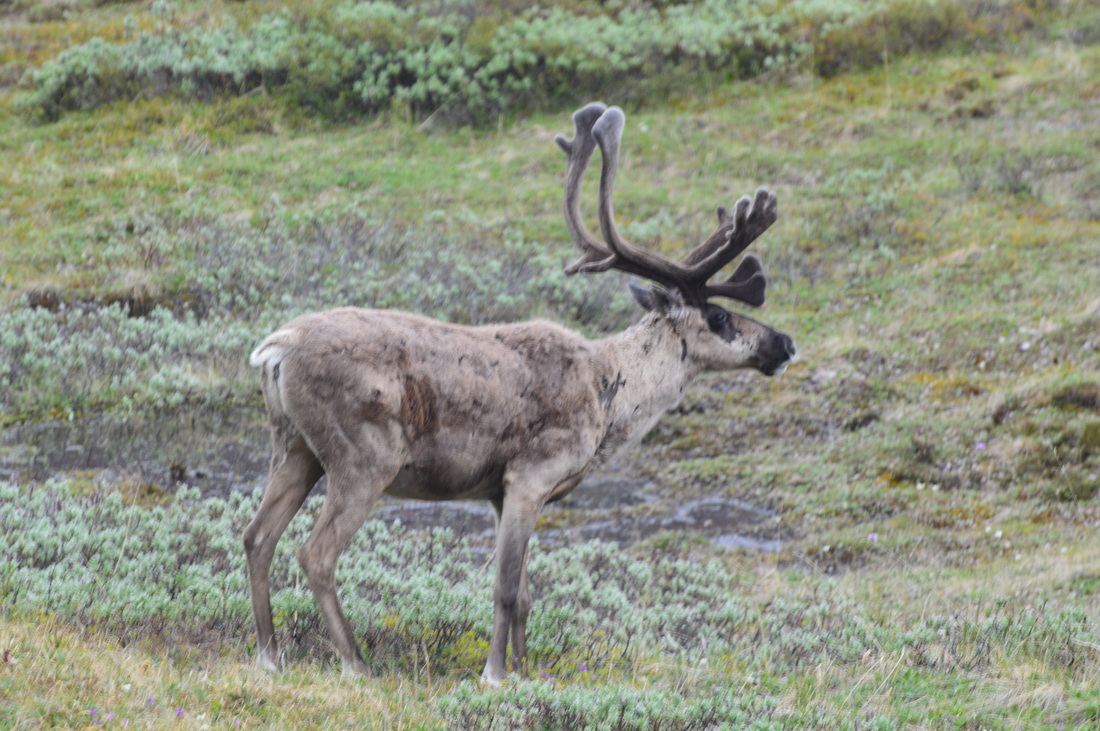
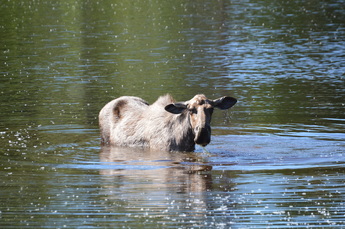
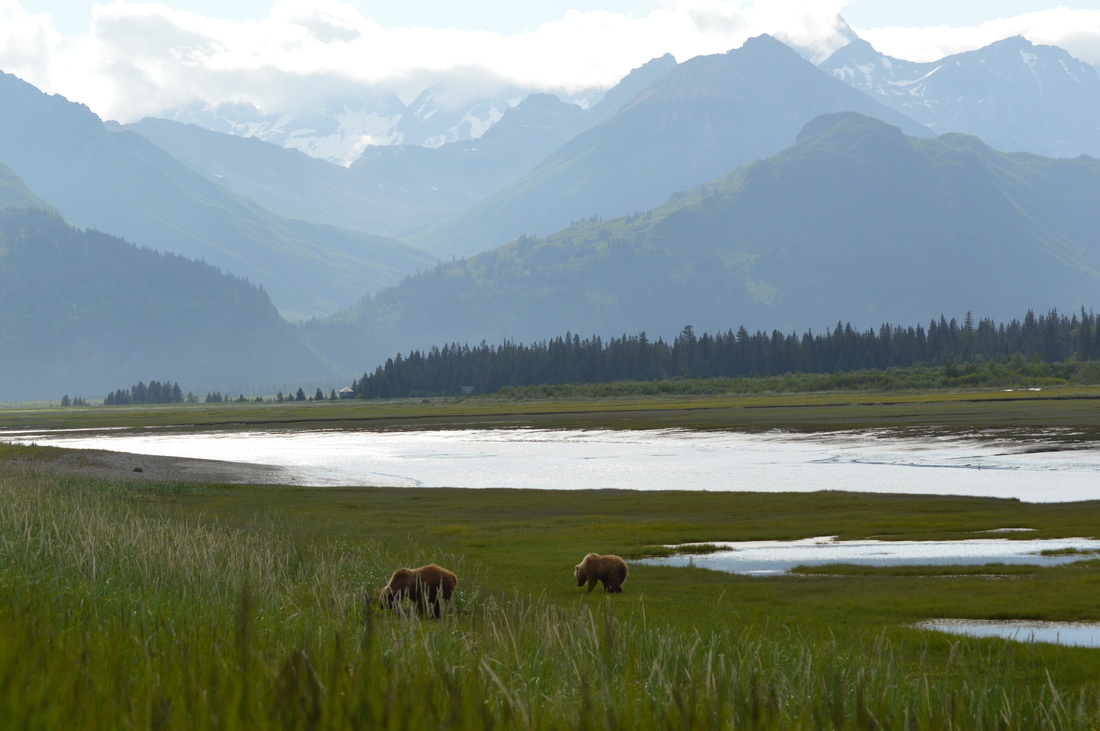
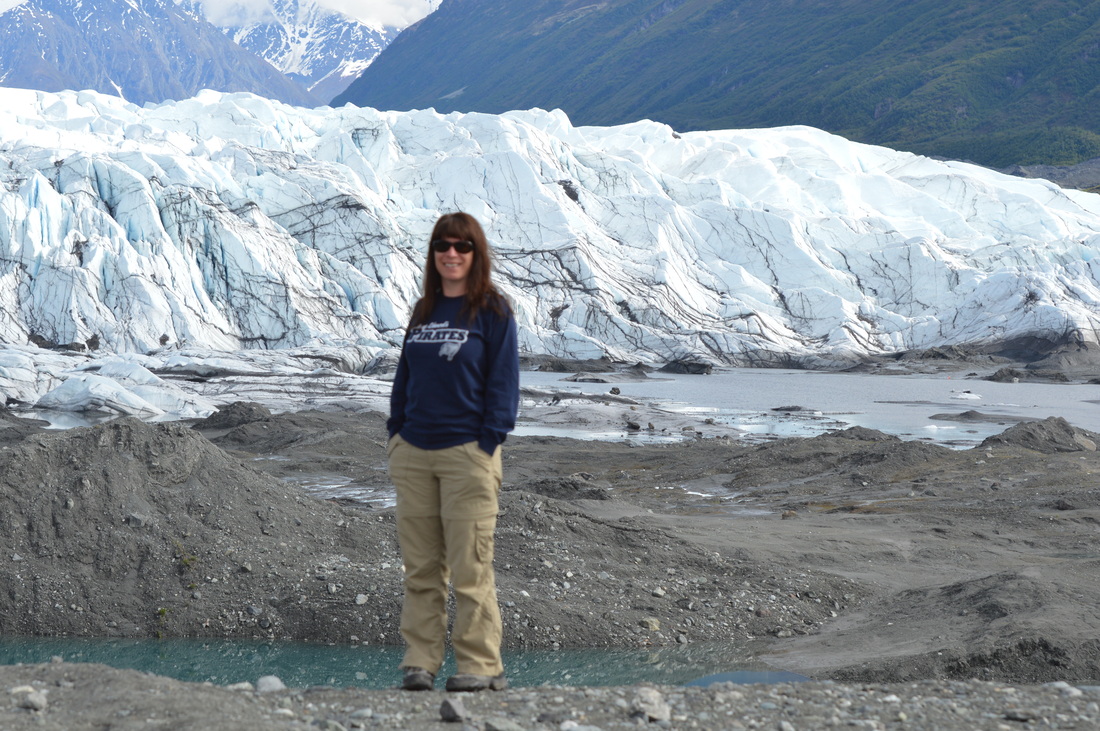
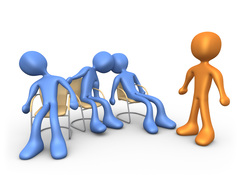
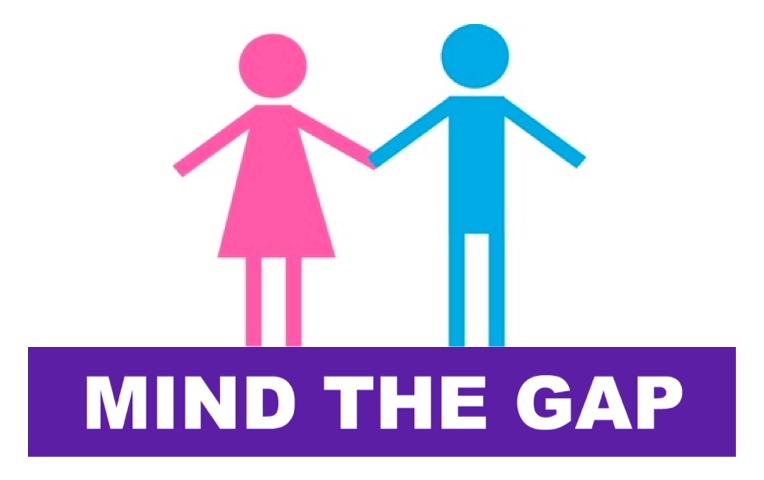

 RSS Feed
RSS Feed